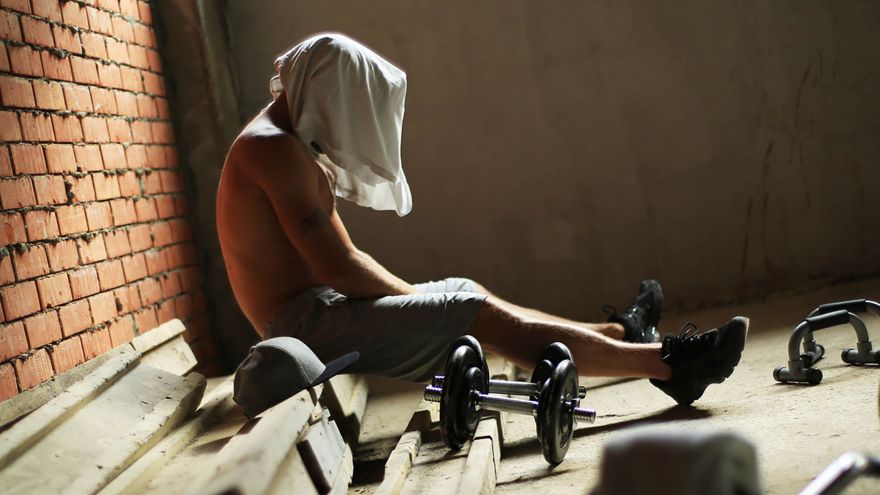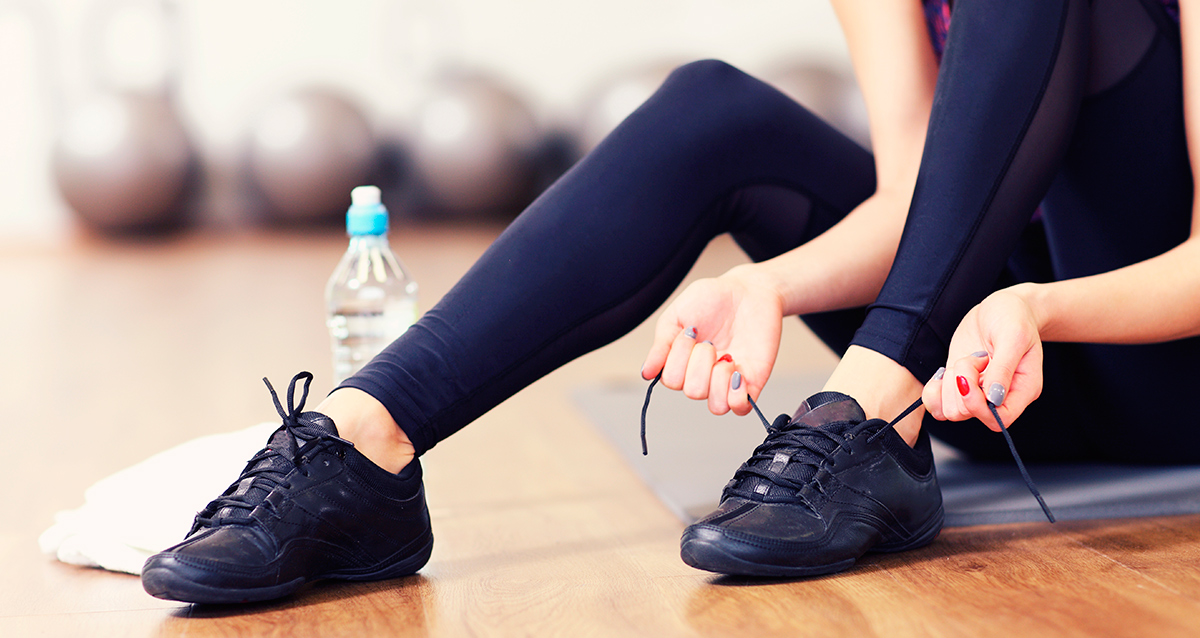Overtraining: Signs and Symptoms Not to Ignore
 Overtraining: Signs and Symptoms Not to Ignore www.walkjogrun.net
Overtraining: Signs and Symptoms Not to Ignore www.walkjogrun.net Running is an activity that gives me the feeling of being set free. There is nothing like hiking to the top of a hill and running back down. It is freeing letting gravity take over, now I am sailing downhill and my legs are on autopilot. Setting a personal record (PR) I would only be able to reach if I train consistently. A consistent training regimen should always incorporate rest days. Rest days give your body time to recover and repair from the tearing of muscles and the strain on your ligaments and tendons. If not, you could dig yourself into an overtraining hole.
Overtraining
When the body hits the wall of overtraining, the only thing you can do is rest. The body is not a machine. And guess what? Even machines have to be shut down or reset sometimes to operate correctly.
Overtraining affects long-distance runners, triathletes, and cyclists more often than others and occurs in men more often than women. Once overtraining syndrome sets in, training progress comes to a halt. No matter what level you are at and the signs and symptoms may not be so obvious.
Symptoms of Overtraining
The precursor to overtraining is overreaching. Overreaching is usually easier to reverse and presents as uncommon muscle soreness that extends 2 days or more.

This muscle pain may be accompanied by redness, swelling, and warmth to the touch. Recovery requires rest. For the first few days, you can try icing the area and elevation.
The signs and symptoms that go along with overtraining include:
- The loss of periods (amenorrhea)
- Feeling tired
- Not able to sleep
- Gaining weight
- Weight loss
- Getting sick often
- Less endurance
- Pain
- Changes in mood
The above signs and symptoms could be directly caused by overtraining due to hormonal imbalances and decreases in the immune system. Hormones control many functions in the body. They control your mood, heart rate, appetite, hair growth, muscle growth, sex drive, reproduction, and the list goes on. As I stated earlier, some of these signs and symptoms may not be obvious so prevention is key.
We only get one body in a lifetime. So, it is important that we take care of it and do what we can to prevent injury and illness. It is also essential to be aware of how things outside of training like work, family, and environmental stressors can affect the body. Stress, whether good or bad, can decrease the immune system and throw off hormonal harmony.
Treatments for Overtraining
The main treatment for overtraining is to rest and take a break. Go on a vacation from fitness; saunas and hot tubes are great for relaxing sore muscles. Ice pads help to decrease swelling. Try getting a massage. Can’t you feel the stress just slip away?
It is imperative that you make sure your meals are well balanced and replenish the calories that you expend during training. Your Physician or Primary Care Provider (PCP) may refer you to a Nutritionist for assistance. It is also important to maintain open communication with your Providers because the changes in your activity level may cause depression.

Keep in mind that it may take you approximately 4-8 weeks to recover from overtraining. During this time, it is recommended to decrease training by 50% to 80% of your previous effort. You may build your training by a 10% effort increase each week while incorporating rest days for 1 to 2 days a week.
Please keep in mind that because you have experienced overtraining, you are more likely to experience it again. If overtraining is left uncorrected, it could lead to bone loss in women. Or damage to the heart and abnormal heart rhythms in severe cases.
Overtraining Prevention
If you have not read it enough… Rest is your best preventative measure. Incorporate 1 or 2 days of rest into your training routine. And mix it up! Cross-training is the ideal way to make sure you are letting a targeted muscle group relax. Try yoga, swimming, dancing, or walking.

Remember to eat balanced meals that include carbohydrates, fats, and proteins. I believe a colorful plate is a great way to be sure you are getting a wide variety of these items. Stay hydrated. Make sure you are compensating for the calories and fluids you are using. Nutritionists are a great resource.
Mental health is vital. Talk to your Physician or PCP and they may be able to refer you to someone who can help you with coping skills. Yoga and meditation are also good ways to relax and relieve stress.
Take-Aways
✓ Rest is the key to recovery
✓ Prevention is the goal
✓ Replenish calories and water
✓ Be aware of the stress in your life
Please consult your Physician or PCP if your symptoms persist or worsen. Or if you have an injury that has not healed or has become more severe.















